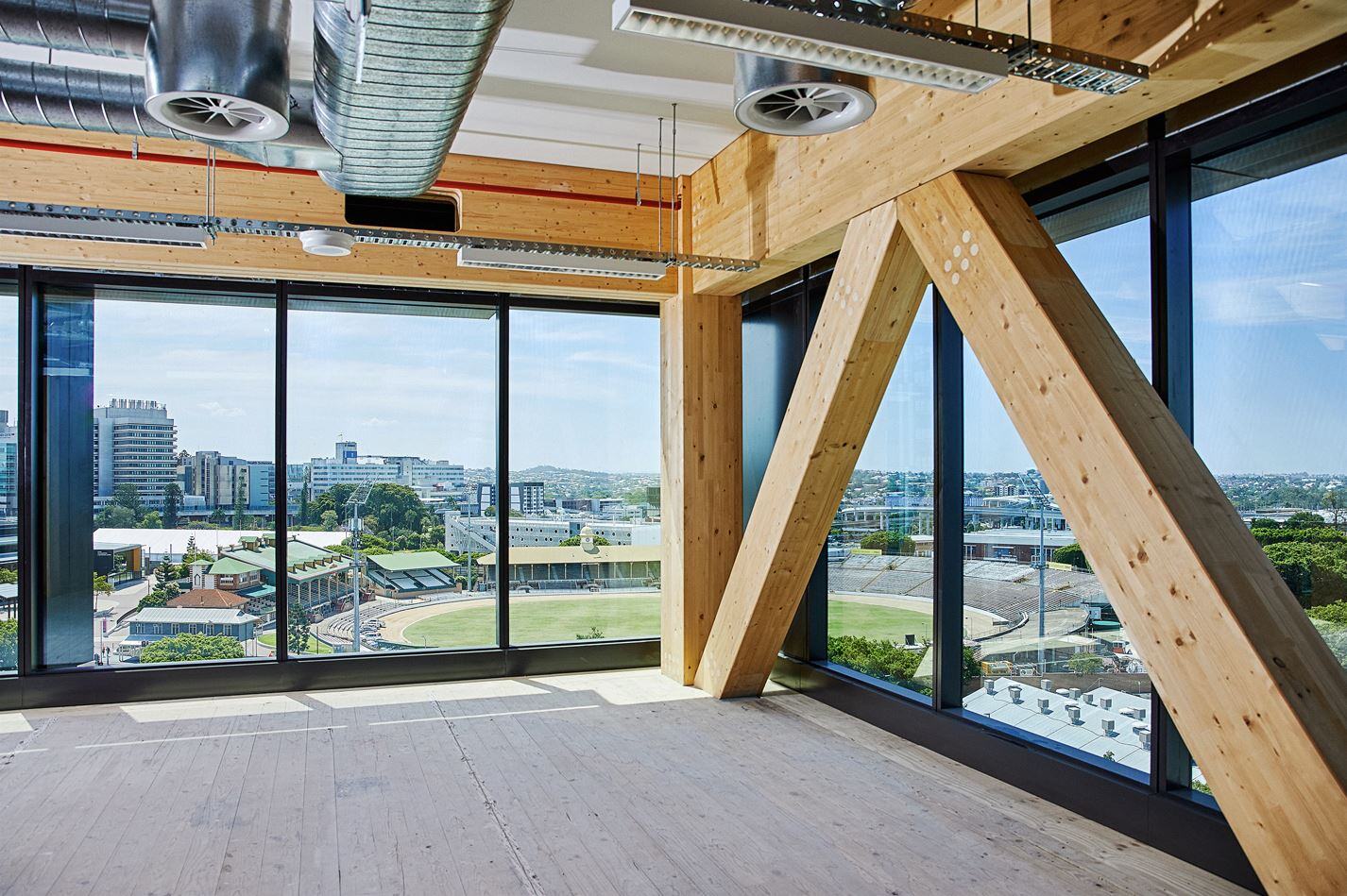Understanding Demolition Clauses in Commercial Leases
A demolition clause in a commercial lease allows for a property owner to terminate the agreement and significantly renovate, reconstruct or demolish the leased premises.
This clause is important for both landlords and tenants as it outlines the conditions under which the lease can be terminated in order to facilitate redevelopment or other purposes.
Demolition clauses can be controversial, and have led to legal disputes. While the clause provides some flexibility for the landlord to plan future works, it should also allow for protections such as notice periods, compensation or relocation, or other negotiated obligations.
What is a demolition clause in a commercial lease?
A demolition clause in a leasing agreement typically allows for its termination if there is a “genuine proposal” to knock down and refit the property.
Their purpose is to enable future redevelopments or modernisations, or a change in property use.
Protections apply under state laws. In Queensland, property owners are to provide written notice at least three months before the proposed termination date. Subject to the details of the lease, they may also have to explain the details of the demolition and may have to pay compensation for loss or damages.
Tenants must leave the property before the demolition clause date and give at least one week’s notice.
Demolition clauses were exercised in Mirvac’s high-profile decision to close the flood-impacted Toombul Shopping Centre following the natural disaster in 2022.
No compensation was offered, with the listed developer arguing compensation was not warranted if the building was too damaged and could not be repaired.
The decision impacted more than 130 tenants.
Components of a demolition clause
The specifics of a demolition clause can vary widely depending on the jurisdiction, type of property, individual negotiations between the parties, and pending what is outlined in the lease agreement
Landlords are required to give notice, and in some cases, potentially provide compensation or relocation, or alternative accommodation that is suitable for the tenant's business needs.
However, tenants must be aware of the detail of these agreements. The Toombul example highlighted that many tenants did not know the lease could be cancelled - without a cent in compensation - in the event of catastrophic flood damage.
Tenants should also be aware that demolition clauses may be invoked in other instances as well.
In New South Wales, a tribunal determined a retail tenant had to vacate, finding the owner’s demolition clause was valid when it was commercially advantageous.
The owner had sought to to refit the property into a larger site to accommodate a bigger tenant.
Negotiating and modifying a demolition clause
It is critical for both parties to understand and negotiate any demolition clause in a lease agreement.
Professional advice is recommended to assess the contract and determine whether it is in each party’s best interests. Specialists in commercial property law will be able to provide insights into the legal implications of the clause and suggest modifications.
Elements of the demolition clause to pay attention to include any specific triggers for the clause. In both the Toombul and the NSW examples, tenants were unaware that the demolition clause could be used. The triggers should outline the conditions in which the clause can be invoked and the plans, timing and permits required to do so.
Any mitigations of the impacts or costs should also be spelt out, such as necessary steps to minimise disruption or relocation.
What to consider before signing a demolition clause in your commercial lease
When evaluating the commercial lease agreement in total, and the demolition clause specifically, make sure to understand the nature and extent of any potential impacts if invoked.
Seek to negotiate favourable terms, including mitigations to disruption, asset protection if possible, and compensation, or a long notice period.
Consider the worst-case scenario such as the flooding at Toombul Shopping Centre and the loss of leases. How would the business continue operations?
Seek professional advice to avoid the greatest of risks, potentially even striking out the clause if possible to provide stability and continuity.
Negotiating a commercial lease demolition clause
Demolition clauses should be scrutinised when negotiating a lease agreement. Proposed demolitions should be a genuine proposal for renovation that could not occur without vacant possession of the property.
Legal disputes have occurred in the past over these clauses, highlighting their significance to both property owners and their tenants. While the term should allow for flexibility for the landlord, there should also be a notice period and compensation protections for the tenant.
Details of demolition clauses depend on state jurisdiction, property type, and negotiations.
Both parties should understand and negotiate demolition clauses. Seek professional advice for insights into legal implications and possible modifications. Pay attention to specific triggers and mitigations for impacts or costs.
As always, both parties should evaluate the entire lease agreement and the potential impacts of the demolition clause. Professional advice from experts in commercial property can assist to minimise risks and ensure your business gets the best deal possible.
.svg)



